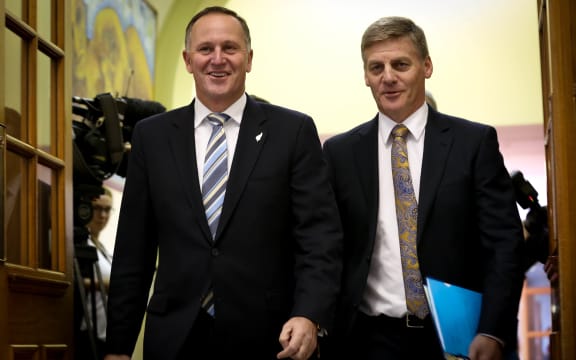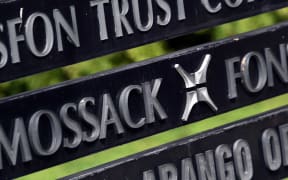ANALYSIS: Tax expert John Shewan has delivered a hard-hitting report on New Zealand's foreign trust regime - not that you'd know it from the government spin...

Photo: 123RF
A benign sounding media release was issued by the Finance Minister to accompany the report of John Shewan into New Zealand's foreign trust regime.
"Mr Shewan's inquiry noted that foreign trusts are legitimate vehicles", noted Mr English and "that New Zealand's tax treatment of foreign trusts is appropriate".

John Shewan. Photo: SUPPLIED
Quite different from the hard-hitting summary from Mr Shewan: "The Inquiry concludes that the existing foreign trust disclosure rules are inadequate".
He goes on to say the rules are not enough to protect New Zealand's international reputation, describing the current disclosure requirements as "light-handed".
His later statements basically conclude it would be naive to think New Zealand trusts were not not being used to hide illicit funds, and furthermore the current regime would allow that to happen.
Mr Shewan's report is wide-ranging and has pushed the terms of reference to the limit.
His recommendations cover many of the areas highlighted by media coverage of the Panama Papers, including how much information those setting up and managing trusts should have to hand over to authorities.
Under the current rules the IRD only receives the name of the trust, the name of the resident foreign trustee and their address - often a lawyer in New Zealand.

John Key and Bill English Photo: RNZ / Alexander Robertson
The law does require the people managing the trusts to hold that information, but Mr Shewan believes it should sit primarily with IRD.
He notes because foreign earnings are not taxed, the IRD often has little reason to poke around and have a look at who is behind the trust and where the money comes from.
But Mr Shewan does see a place for trusts, both foreign and domestic, to both make money for the local trust industry and as a vehicle for managing family wealth.
While his recommendations are extensive and in many cases directly address the flaws identified so far, his acceptance foreign trusts should remain will not go far enough for some, including Labour which has called for foreign trusts to be banned.
But both Labour and the Greens recognise Mr Shewan has not shied away from recommending significant changes, instead aiming their criticism at John Key's unwillingness to accept anything was wrong.
As for the question of whether New Zealand is a tax haven, Mr Shewan says under most definitions it is not, but adds that's no reason to leave the current structure in place.
He neatly puts that debate to one side declaring the term tax haven is an "ambiguous label" that is now "only of historic relevance".
The government has already indicated it will adopt the vast bulk of Mr Shewan's recommendations.
That would be enough to address the key criticisms of the foreign trust regime.
Not only that, but according to Mr Shewan the number of foreign trusts will fall away, reversing a sharp trend of increasing numbers over the past decade.






